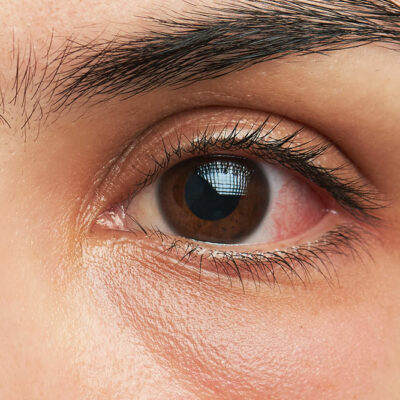
Symptoms, causes, and treatments of cavities
Cavities are a type of tooth decay, wherein a hole gets formed in your teeth. Cavities generally start really small but end up becoming much bigger if not treated on time. The problem is that many cavities start without any pain and may only start bothering you after festering for a while. However, with regular dental appointments, catching a cavity early is possible.
Tooth decay and cavities are common problems that people grapple with globally. Since everybody has teeth, the chance of getting cavities is possible for anybody, especially for people who do not care much about dental hygiene. The good news is that having cavities does not mean that a tooth needs to be extracted and it can easily be treated in the earlier stages. Here is some more information about cavities.
Symptoms of cavities
While cavities do not start out with a lot of pain, there are other symptoms, which may characterize their presence such as:
- Feeling sensitivity in a particular tooth
- Having a lot of pain in one tooth
- Having a visible hole in the tooth
- Stained tooth, which is either black or white
Causes and risk factors of cavities
Sugary food and bad dental hygiene are leading causes of getting cavities. Some of the additional reasons behind this tooth decay can be attributed to the formation of plaque, which may be formed as a combination of saliva, bacteria, food particles, and acid. However, there are certain people who are at a higher risk of getting cavities. The risk factors for cavities include:
- People who consume too many sugary foods and drinks
- People who do not floss and brush
- Not being able to get enough fluoride
- Having a dry mouth
- Having eating disorders such as bulimia and anorexia
- Having acid reflux disease
However, cavities can be prevented as well as treated easily. Some of the best ways to treat cavities include the following.
Treatments of cavities
The treatment of cavities would largely depend on how severe they are:
- Tooth filling – The dentist will use a dental drill for removal of the decayed material in the tooth.
- Sometimes, the dentist may need to replace the present crown by putting an additional crown on the tooth.
- If the cavities become really bad, then you may also need to undergo a root canal.
- You may also consume over-the-counter medications for relieving the pain.
Complications for cavities
If cavities are not taken care of, then they may end up in the following complications.
- Do not leave the cavities untreated as the tooth pain will keep lingering, hampering your day-to-day functioning.
- Cavities may also result in a tooth abscess, which may, in turn, create life-threatening problems.
- The chance of tooth chipping and breaking is also quite high.
- Pus may form around the tooth which is infected.
- You may even experience difficulty in chewing the food.
Hence, keeping a check on your dental health is as important as other health concerns. With the aforementioned pointers, you can easily combat cavities with a little care and attention.


